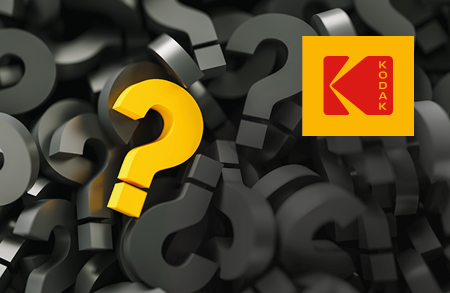Solar can be complicated and confusing at the best of times. As a PV system is an investment, it’s essential to have all the answers before making the commitment — particularly as the solar industry is often full of baffling technical jargon.
These straightforward answers will shed some light on some of the commonly asked questions about solar…
What is the difference between a grid-tied, hybrid and off-grid system?
To begin with, it is useful to know what distinguishes one type of photovoltaic (PV) system from another. Currently, there are three main types of installation.
Grid-tied
As the name suggests, these systems are connected to the national grid. Comprised only of panels and an inverter(s), any surplus energy generated by panels is fed back to the grid. This means the installation provides electricity during sun-hours but is unable to generate power at night.
Hybrid
Hybrid systems can be connected to the national grid — but this is not necessary. Hybrid installations differ from grid-tied in that they also include an optional battery (or batteries). The batteries allow surplus energy to be stored for later use, and the grid acts as a back-up if there is insufficient electricity from the panels alone.
Off-grid
Unlike a hybrid system, off-grid installations do not have any kind of grid connection and require a battery to operate. A house or commercial building with an off-grid system relies solely on solar energy as the grid is unavailable to act as a back-up.
Can I use solar to heat water?
As the name suggests, PV panels convert light from the sun (‘photo’) into electricity (‘voltaic’) whereas thermal panels are exclusively for heating purposes.
If you want to heat water with solar, you will need to invest in thermal solar panels which are not the same as PV panels.
Is solar actually effective? Will it help with load shedding?
In South Africa, the climate is ideal for solar. The country experiences 2,500 hours of sunshine per year — whereas somewhere like the UK sees less than 1,500 hours!
As technology progresses, solar module efficiencies increase. This means more of the energy harnessed from the sun is turned into useable DC power.
Scheduled power outages, known as periods of ‘load shedding’, are the reality for South Africa’s population. These blackouts are an enormous disruption to daily life and leave many without power at critical times of the day.
Fortunately, solar could be your answer to the burden of load shedding. Electricity generated by the panels during the day can be stored in a battery for use when you need it most, i.e. when the power is shut off by Eskom in the mornings or evening time. Discover more about going grid-free or how to boost your savings with battery storage now.
How much does it cost to install solar?
As with every service, prices will vary depending on the solar company you choose and the equipment installed. While cheaper products may feel like the easiest way to save money upfront, it is advisable to invest in high-quality materials.
A residential solar installation can cost anywhere between R63,000 to R200,000. The fundamental principle is that the more power you are looking to generate, the more expensive your installation is going to be.
If a 5kW inverter is installed with a 3.7kWh battery, this is a small system and will cost roughly R75,000 to install. This price drops if you opt for a grid-tied system (i.e. no battery).
Is solar worth the investment?
It can take as little as three years to ‘break even’ on your investment. What’s more, you will be lowering your average monthly spend drastically and simultaneously reducing your impact on the environment.
While it may seem obvious, if you have high electricity bills from a combination of substantial power usage and high electricity rates in your area, you will see the benefits of solar the most. Your payback periods will also be shorter as you save larger sums each month.
It is also worth taking into account the size your system needs to be to power your home or business sufficiently.
Does it need to be sunny all the time for my panels to work?
Solar panels do not need to be in direct sunlight to produce energy. Even in overcast conditions, modules can still generate electricity. Yet, solar panels work by transforming sunlight into useable power, so it stands to reason that the more sunlight that hits the panels, the higher the output will be.
How long should my system last?
Most trusted and reputable solar panels come with a standard 25-year warranty. As such, you should expect your system to last the same amount of time, so long as it is installed correctly.
Can’t find your question on this list? Find a reputable, qualified installer near you for more insights on how solar will enhance your life.
The Kodak logo, trademark and trade dress are under licence from the Eastman Kodak Company Ltd.




